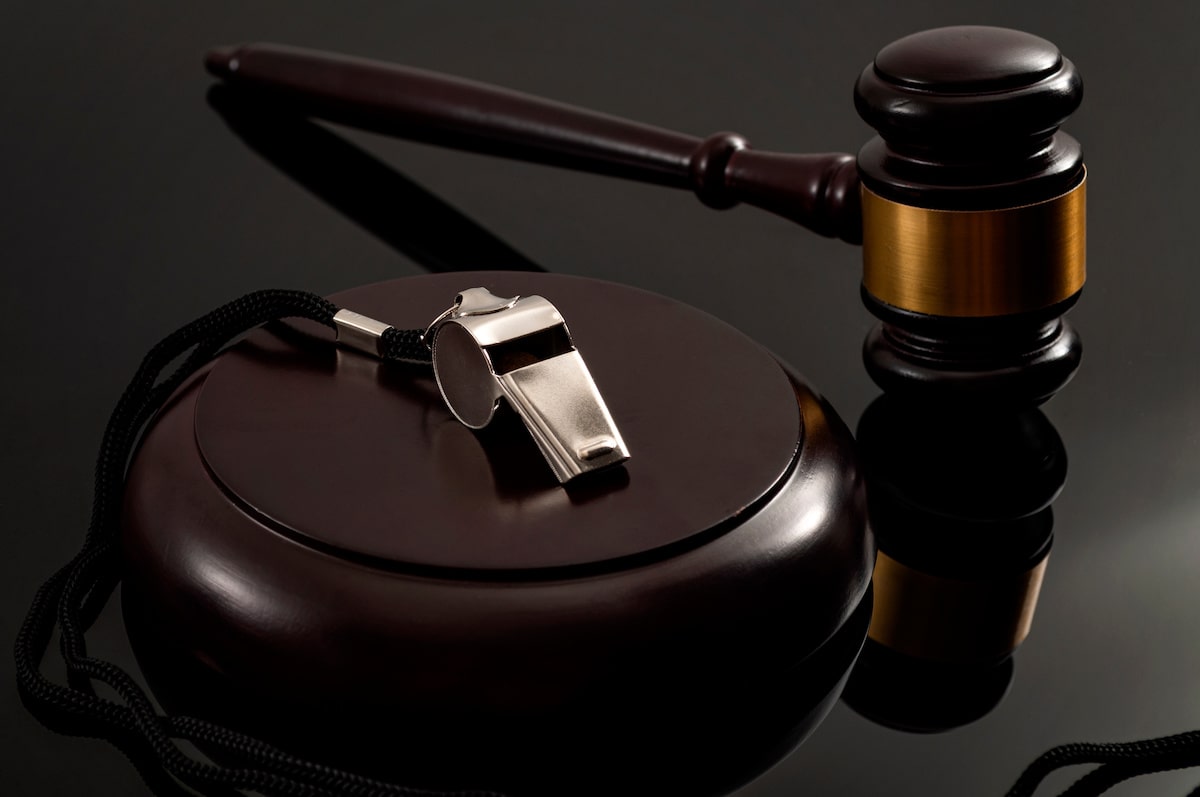It is often said that the law is like a jealous mistress; it requires a long and constant courtship. In Evans v. LaFayette Ins.Co., No. 06-6783, 2007 WL 4545883 (E.D. La. Dec. 18, 2007), an insurance company refused to extend business income coverage to lawyers that knew not to disappoint their jealous legal practice. A law office in Louisiana sustained property damages during Hurricane Katrina, causing the office to completely shut down for several weeks. The insured law firm also had offices in Colorado, Texas, and North Carolina, which were also listed as insured premises of the policy in question.
After the hurricane, many of the Louisiana lawyers and employees continued courting their legal practice in alternate locations. The business income carrier denied the law firm’s claim, stating that the law firm suffered only a slowdown of operations, which is insufficient under the terms of the policy to warrant coverage for the business interruption claim.
The policy in question read as follows:
A. COVERAGE
We will pay for direct physical loss of or damage to Covered Property at the premises described in the Declarations caused by or resulting from any Covered Cause of Loss.
4. Additional Coverages
* * * * *
e. Business Income
We will pay for actual loss of Business Income you sustain due to the necessary suspension of your “operations” during the “period of restoration.” The suspension must be caused by direct physical loss of or damage to property at premises … caused by or result from any Covered Cause of Loss….
H. DEFINITIONS
* * * * *
3. “Operations” means your business activities occurring at the described premises.
4. “Period of Restoration” means the period of time that:
a. Begins with the date of direct physical loss or damage caused by or resulting from any Covered Cause of Loss at the described premises; and
b. Ends on the date when the property at the described premises should be repaired, rebuilt or replaced with reasonable speed and similar quality.
Recognizing that a lawyer’s work never ends, the Court ruled against the carrier.
The policy covers “a necessary suspension of the operations,” and the term “operations” is defined as “your business activities occurring at the described premises.” (emphasis supplied). Although the declarations pages of the policy list the “described premises” as Louisiana, Texas, and Colorado, the policy forms applicable to each office differ. In addition to the declarations pages, form PC 7003 (07-96), which applies to the New Orleans office, also refers to “described premises.”
This court finds that a total cessation of business was required under the policy language, and a total cessation of business occurred at the New Orleans office because there is no dispute that work did not occur in that office for a certain period of time following the hurricane. The fact that New Orleans office employees worked from remote locations does not prevent a complete cessation of business from occurring in Louisiana. Evans had an obligation to mitigate his damages. He did so by having the employees work at other locations while the New Orleans office could not be occupied.



